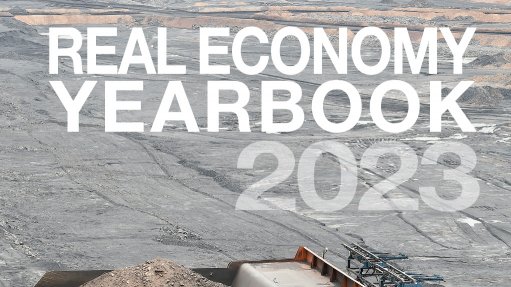
Under real pressure
Loadshedding continues to cast a confidence-sapping pall across South Africa’s real economy, which is also being weighed down by a series of other infrastructure failures, from water to rail.
Focusing on the electricity crisis – which remains the biggest risk to growth and development even though other threats are rising – appears to be yielding some results, albeit insufficient in speed and scale to fully address the crisis.
Some Eskom coal power stations are operating more consistently and various private generation projects are offering some relief. Nevertheless, there is still a long way to go, with South Africa’s public procurement of new generation continuing to underdeliver.
Should this trend continue, the supply/demand imbalance will not only remain, but there is also a risk of growing inequality in the sector, as small seas of power riches (concentrated around large enterprises and affluent households) become surrounded by growing oceans of power poverty.
Progress is also much too slow in adding the transmission infrastructure required to connect new generators, particularly in the renewables-potent provinces of the Eastern, Northern and Western Cape.
At distribution level, the failure of generation is no longer masking serious weaknesses and backlogs. Distribution-level faults have become far more frequent and much longer in duration and, in many areas, these are arguably causing more disruption to businesses and households than loadshedding.
The pressure on the real economy does not start and end with power, or the lack thereof, however.
Besides the hostile macroeconomic conditions of weak growth, rising costs and falling commodity prices, the real economy is also being buffeted by the microeconomic constraints associated with a collapse in the rail service, a deterioration in the condition of the roads, unstable and unclean water supply, and the ever-present threat of crime and violence.
Businesses are having to spend far more than they ever did to not only keep the lights on but also protect their own assets and those of poorly run State-owned enterprises.
Amid these circumstances, farmers, miners and manufacturers have displayed remarkable resilience, as well as magnanimity, on a daily basis in many areas, where big and small companies are assisting with crucial repairs that their municipalities have neglected.
At national level, this willingness to assist is evident in the participation of business in initiatives to tackle the power and freight-logistics crises, and the related crisis of crime and corruption.
While it is essential that the fires on these three burning platforms are brought under control, it is equally important that capacity is also rebuilt within the public sector,
otherwise any progress made will not be sustained.
And without sustainable progress in building capacity in the public sector, the ability of the country to build resilience against further crises will be eroded, along with South Africa’s appeal as an attractive investment option.
To access the flipbook click here